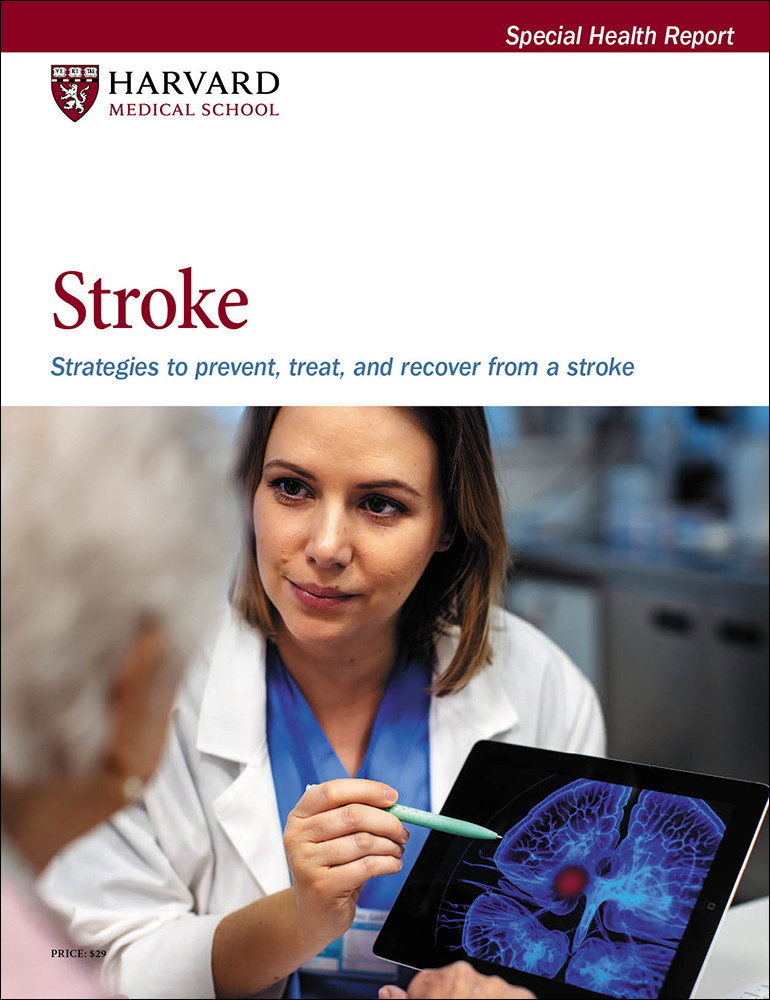Long periods of sitting tied to higher risk of stroke
Research we're watching
- Reviewed by Deepak L. Bhatt, M.D., M.P.H, Former Editor in Chief, Harvard Heart Letter

Sitting too much can boost your risk of a stroke, but adding more movement — even low-effort activity such as doing household chores — may help lower that risk, according to a study in the June 1, 2022, issue of JAMA Network Open.
The study involved 7,607 adults who wore a hip-mounted accelerometer (a device that records how fast you move) for a week. Their average age was 63. During a follow-up period averaging 7.4 years, 246 of the participants experienced a stroke.
People who sat for 13 or more hours per day during the initial week of motion tracking were 44% more likely to have a stroke compared with those who'd spent less than 11 hours per day sitting still. In addition, longer bouts of sitting (more than 17 minutes at a time) were linked to a higher risk than shorter bouts (less than eight minutes).
Not surprisingly, people who did moderate-to-vigorous physical activity for at least 25 minutes a day had a 43% lower risk of stroke. But doing light-intensity physical activity (such as vacuuming or doing the dishes) for four to five hours daily lowered stroke risk by 26% compared with doing less than three hours per day.
Image: © Oliver Rossi/Getty Images
About the Author

Julie Corliss, Executive Editor, Harvard Heart Letter
About the Reviewer

Deepak L. Bhatt, M.D., M.P.H, Former Editor in Chief, Harvard Heart Letter
Disclaimer:
As a service to our readers, Harvard Health Publishing provides access to our library of archived content. Please note the date of last review or update on all articles.
No content on this site, regardless of date, should ever be used as a substitute for direct medical advice from your doctor or other qualified clinician.
















